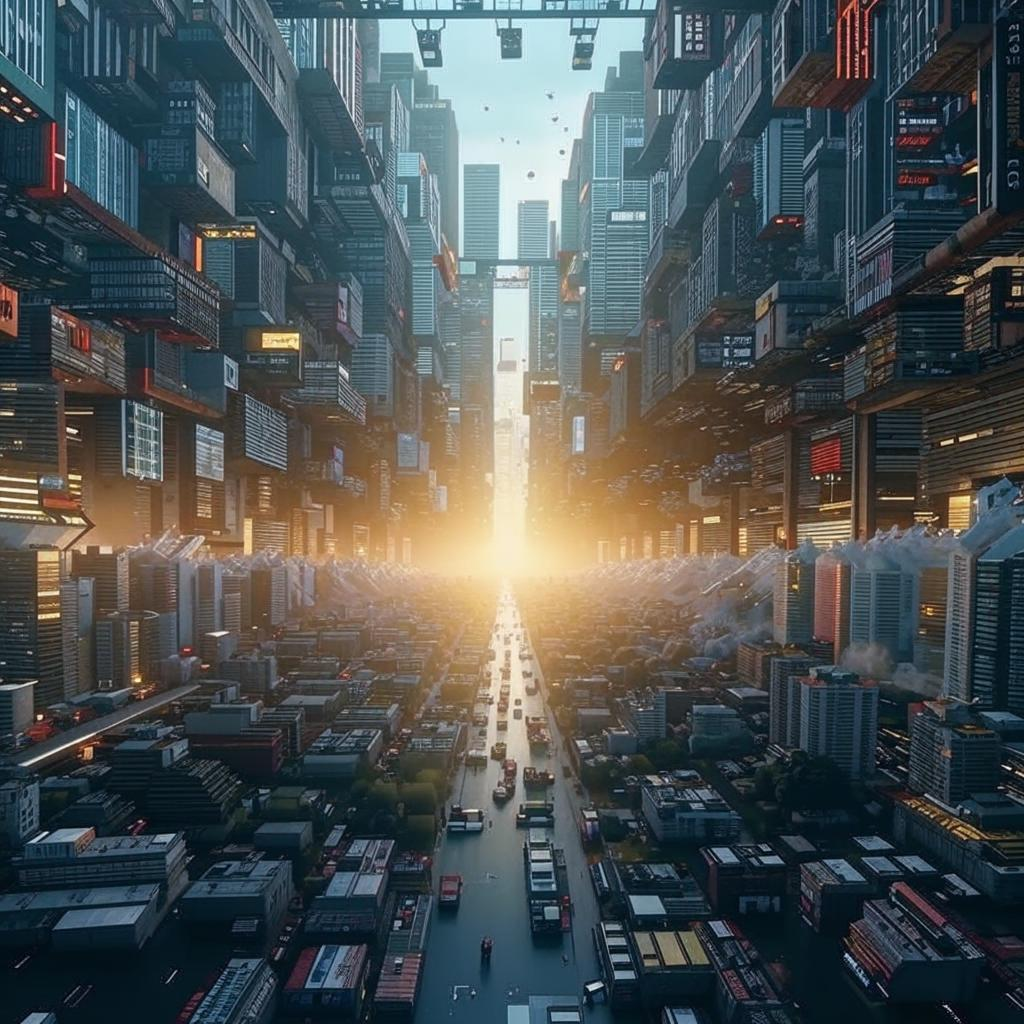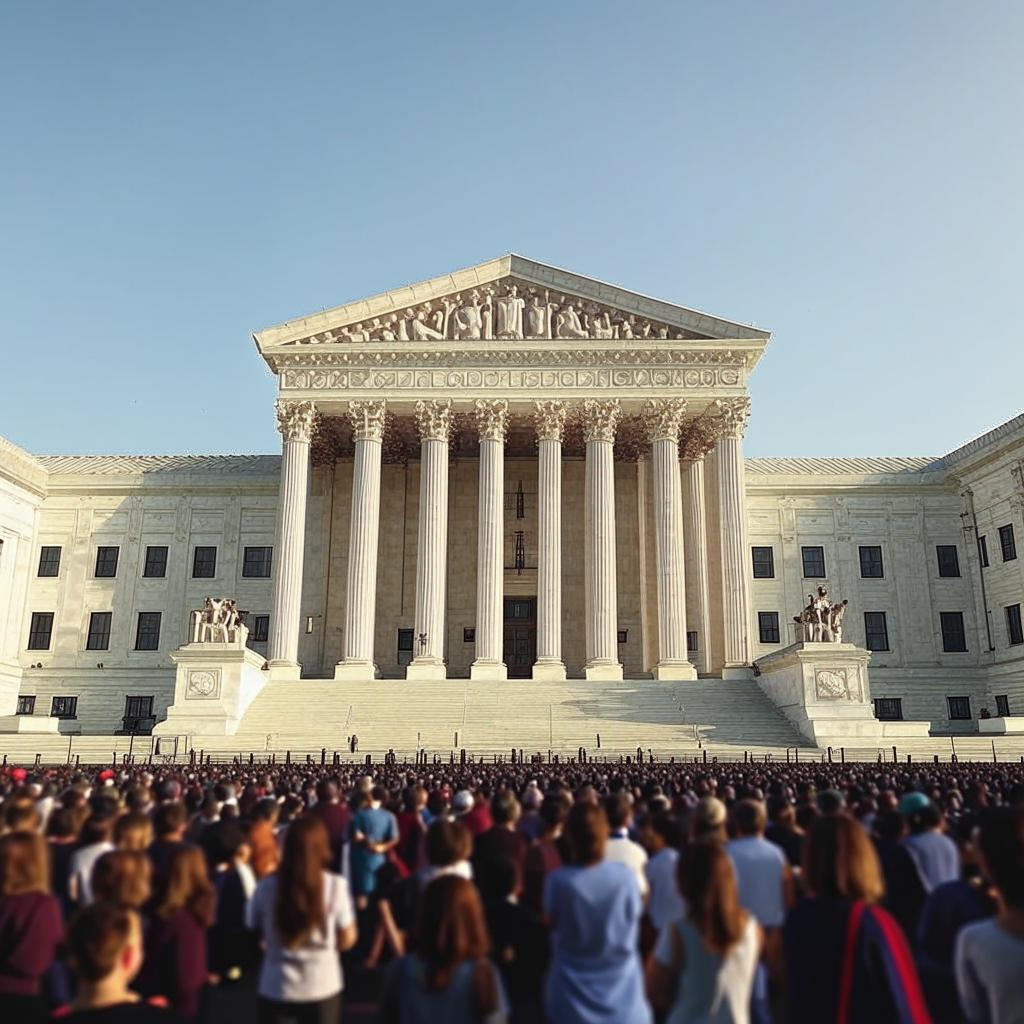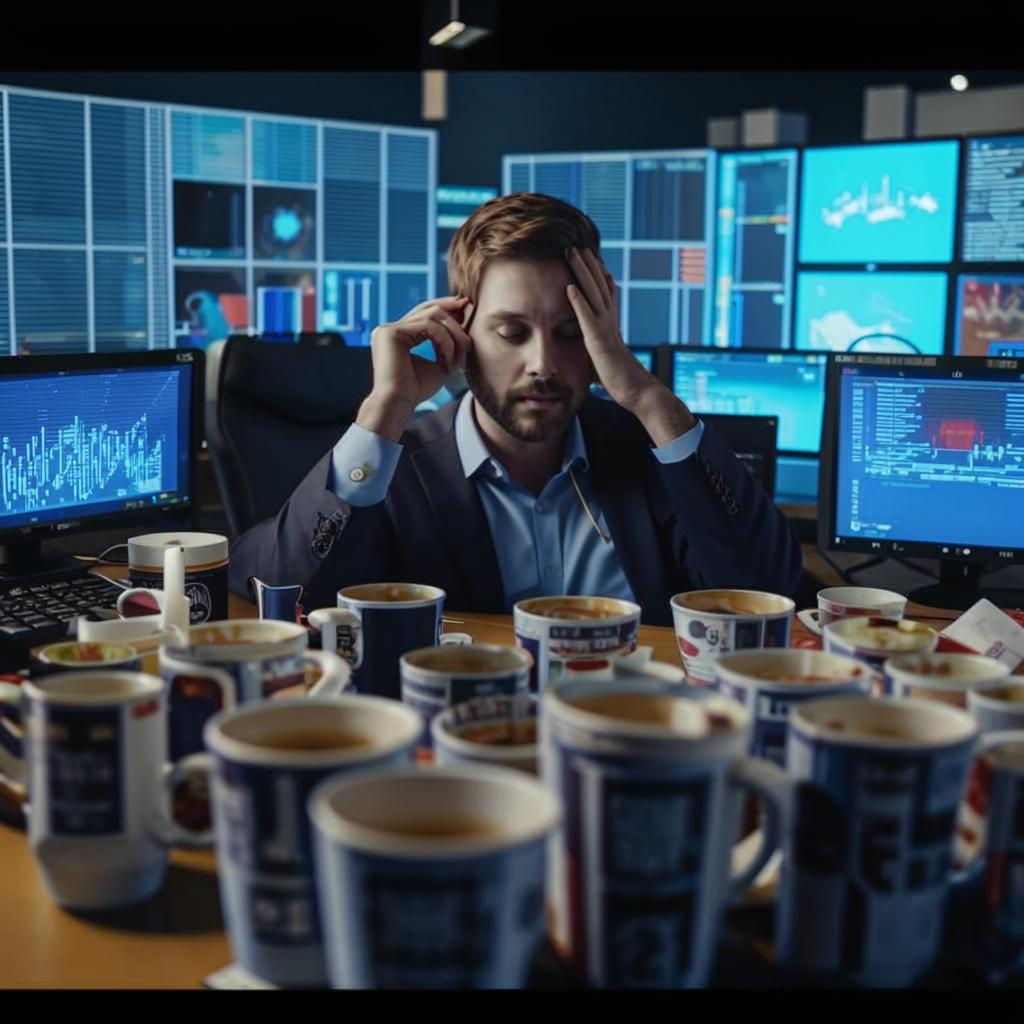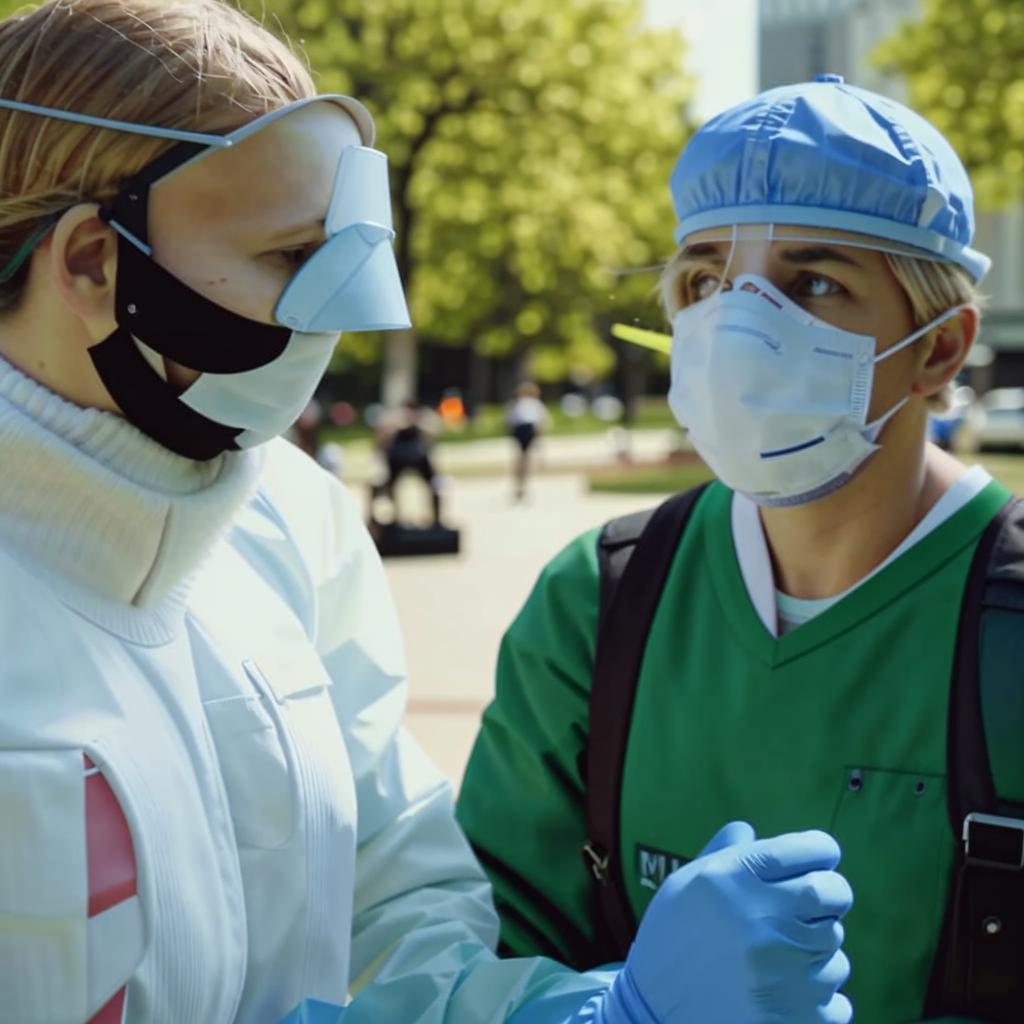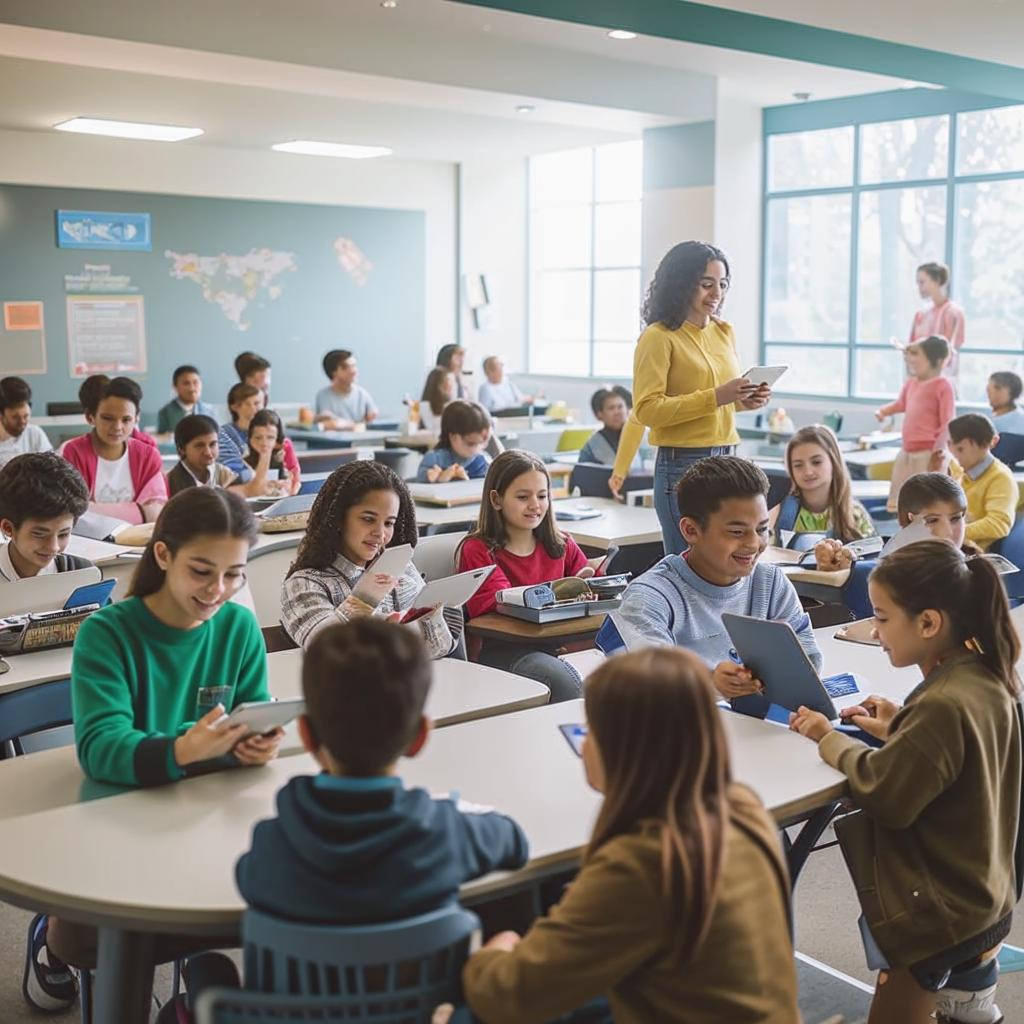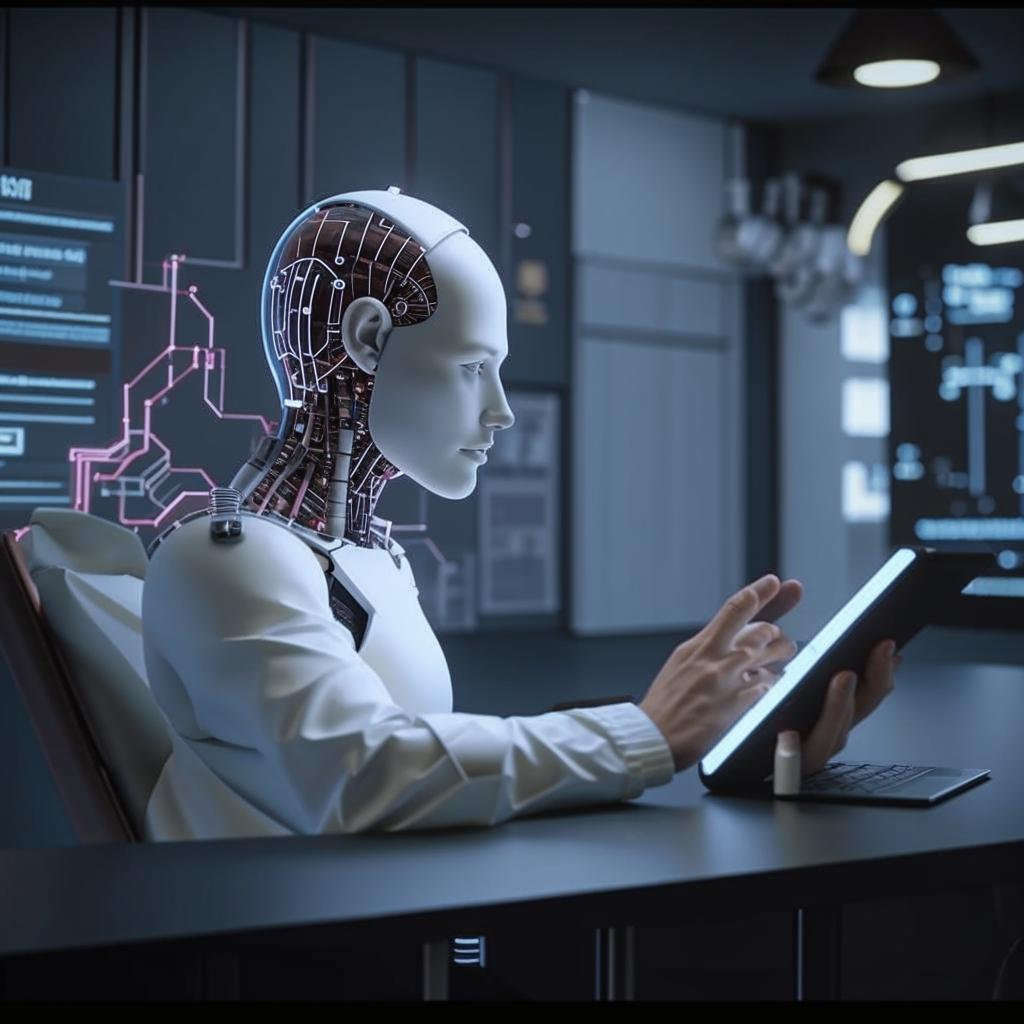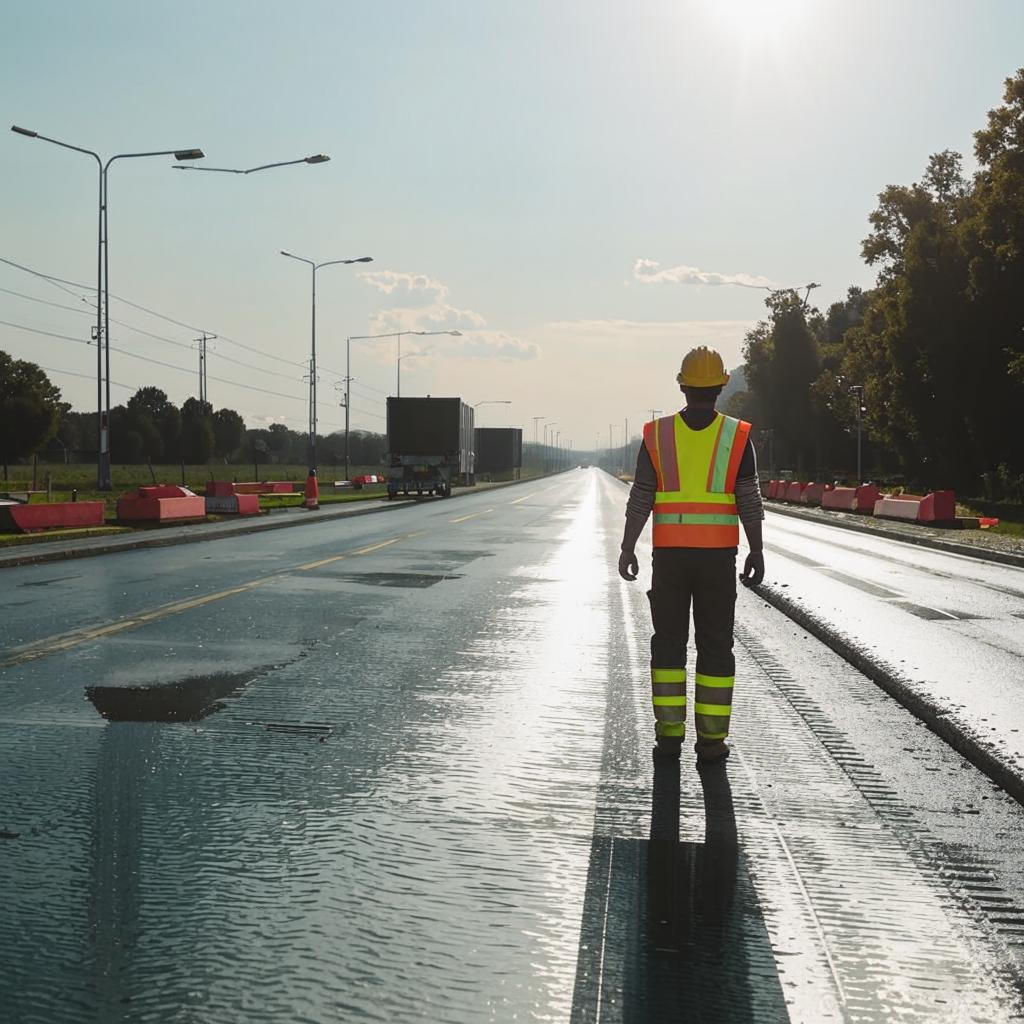The rapid proliferation of AI-generated content is causing a significant quality crisis across art, media, and various online platforms. While AI tools offer unprecedented accessibility and efficiency in content creation, the sheer volume of AI-generated material flooding the internet raises serious concerns about originality, authenticity, and artistic value.
Experts warn that the ease with which AI can now produce text, images, music, and video is leading to a homogenization of content, where unique human perspectives are overshadowed by algorithmically generated outputs. This not only diminishes the value of human creativity but also makes it increasingly difficult for audiences to distinguish between authentic works and AI-produced facsimiles.
The rise of AI-generated content also poses challenges for copyright and intellectual property. Determining ownership of AI-created works is complex, raising legal and ethical questions about authorship and originality. Moreover, the potential for AI to generate deepfakes and misleading information further exacerbates the crisis, eroding trust in online content and potentially impacting public discourse.
Efforts to address the AI content overload are underway, with initiatives focusing on developing detection tools, promoting media literacy, and exploring new models for content authentication. However, the challenge remains significant, requiring a multi-faceted approach involving developers, content creators, policymakers, and the public to ensure that the benefits of AI are harnessed without sacrificing quality, authenticity, and artistic integrity. The future of art and media hinges on our ability to navigate this new landscape responsibly and ethically.
